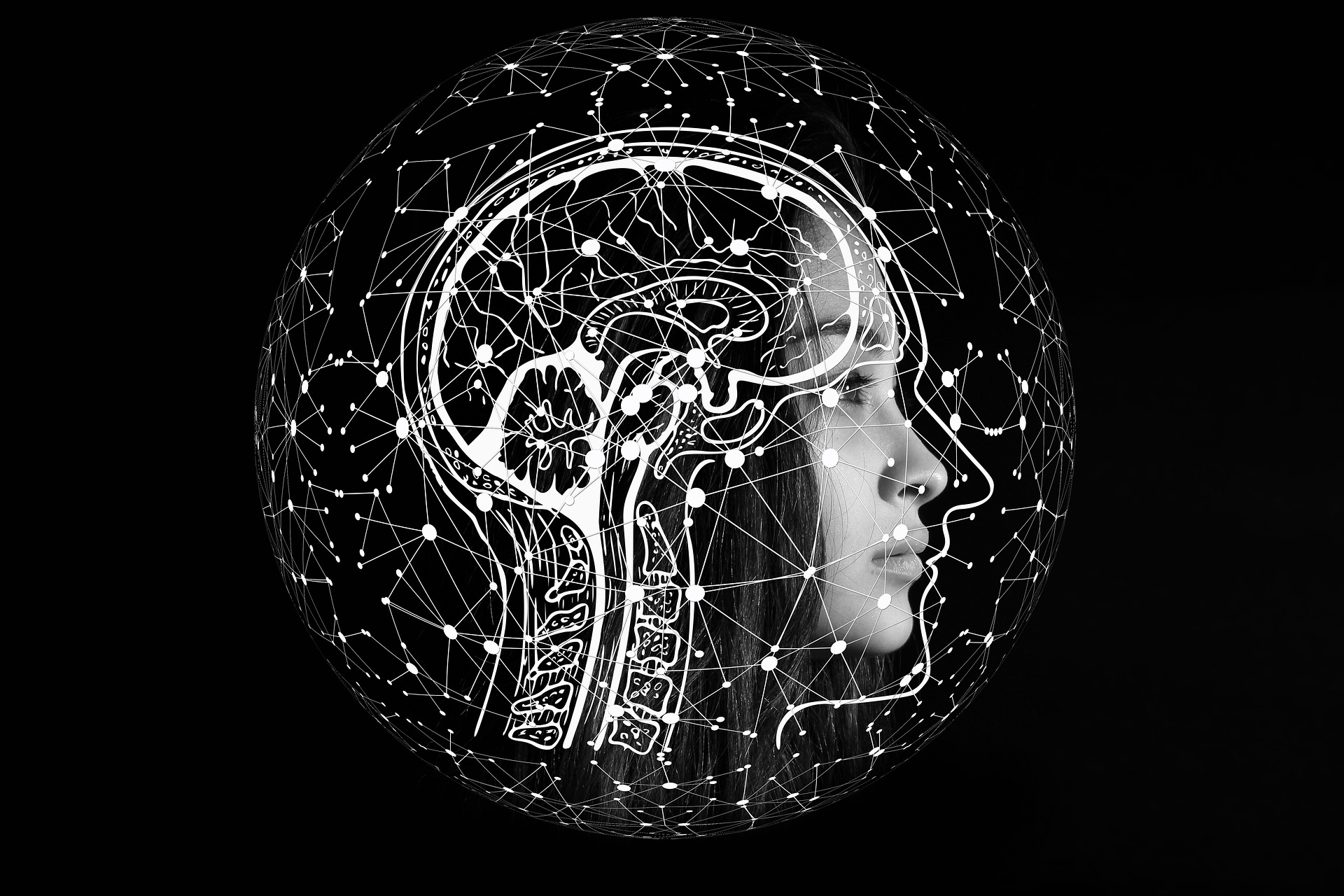Introduction
Artificial Intelligence (AI) is heralding transformative changes across industries, and the educational field is experiencing significant shifts due to this technology. This blog post investigates a groundbreaking application of AI: customizing educational experiences. By utilizing AI, the educational process can be tailored to fit the unique learning needs and preferences of individual students, significantly enhancing both their engagement with the material and the overall effectiveness of their learning experiences.
AI’s Role in Revolutionizing Education
The conventional education system typically employs a standardized approach that may not cater to the varied learning preferences and needs of every student. This can lead to disengagement and suboptimal educational outcomes. AI disrupts this model by introducing adaptive learning systems that adjust in real time to the abilities and interests of students, thus making education more inclusive and equitable.
Detailed Elements of AI in Customized Learning
1. Personalized Learning Platforms
AI-powered platforms take into account a student’s performance history, learning pace, and preference to dynamically adjust the curriculum. This personalization makes learning more relevant and efficient, as the content is tailored to challenge the student appropriately while also building on previous knowledge seamlessly.
2. Virtual Learning Assistants
These AI-driven tools act like personal tutors that are available around the clock. They can answer questions, provide explanations, and guide students through complex problems in real time. This immediate feedback helps to clear up misunderstandings quickly and keeps students motivated.
3. Data-Driven Insights
AI systems are adept at collecting and analyzing vast amounts of data from student interactions. This data is then used to unearth insights about learning habits, effectiveness of teaching methods, and overall educational outcomes. Educators can use these insights to further personalize learning and improve instructional strategies.
4. Interactive and Engaging Content
AI enables the creation of rich, interactive learning environments that adapt to the learning style of the student. Whether through simulations, gamified elements, or adaptive tests, AI makes it possible to create diverse content that is both engaging and educational.
Advantages of AI in Educational Settings
1. Enhanced Engagement
AI-driven personalization helps in crafting learning paths that are not only aligned with each student’s learning curve but also challenging enough to keep them engaged. This tailored approach helps in maintaining a high level of interest and motivation among students.
2. Wider Reach
With AI, high-quality, personalized education can reach students in the most remote areas, overcoming traditional barriers of distance and resource distribution. AI’s scalability means that more students can access tailored educational experiences than ever before.
3. Efficient Resource Allocation
By automating routine tasks, AI frees up educators to focus on more complex aspects of teaching such as fostering critical thinking and creativity in their students. This shift in focus from administrative tasks to high-impact teaching can lead to better educational outcomes.
Challenges and Ethical Considerations
1. Ethical Data Use
The proliferation of AI in education raises significant concerns regarding data privacy and ethical usage. It’s imperative that educational institutions implement strict protocols to protect sensitive student information and use it responsibly.
2. Algorithmic Transparency
There must be a concerted effort to make AI algorithms transparent and understandable for all stakeholders involved, particularly to identify and mitigate any inherent biases that could affect educational equity.
3. Preserving the Human Touch
While AI can replicate and automate many aspects of the educational process, the human element—such as teacher empathy and understanding—remains irreplaceable. Integrating AI tools without losing this human connection is crucial.
Conclusion
The integration of AI into educational systems marks a progressive step towards a future where each student’s learning experience is customized to their individual needs, making education more inclusive and effective. However, this journey requires careful planning and ethical consideration to ensure that the full potential of personalized learning can be realized while maintaining high standards of equity and privacy.










Very Informative Article. This article provides a great overview of AI in Personalized Education. I especially liked the use of real-world examples to illustrate this concepts.
very very informative